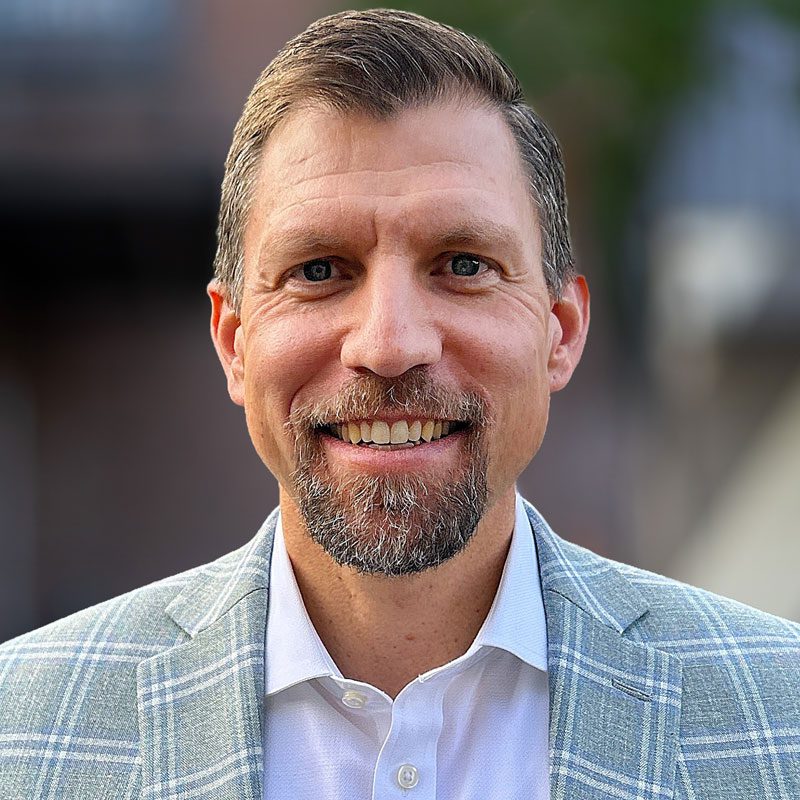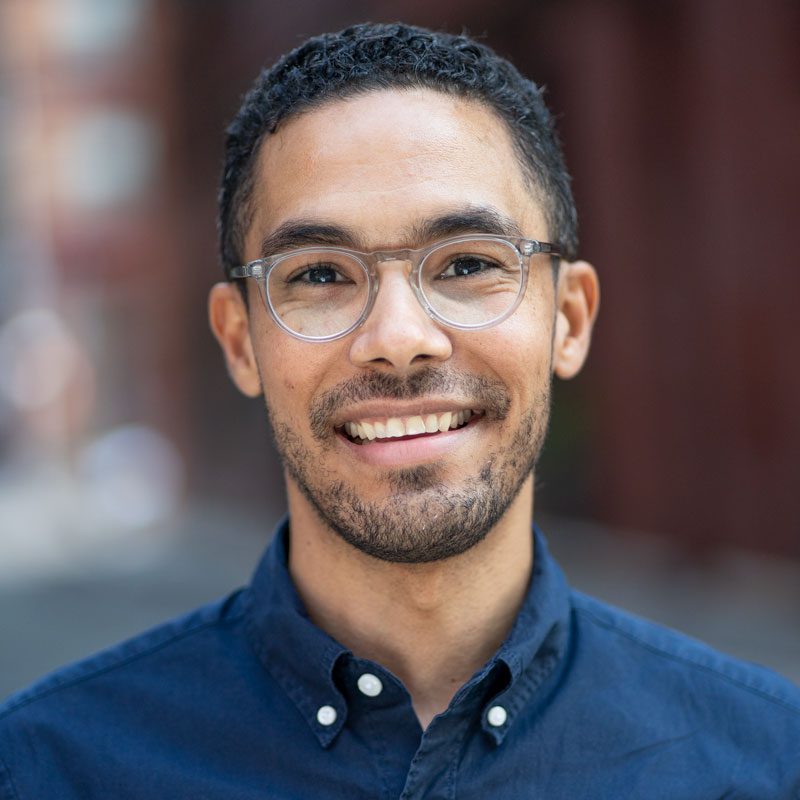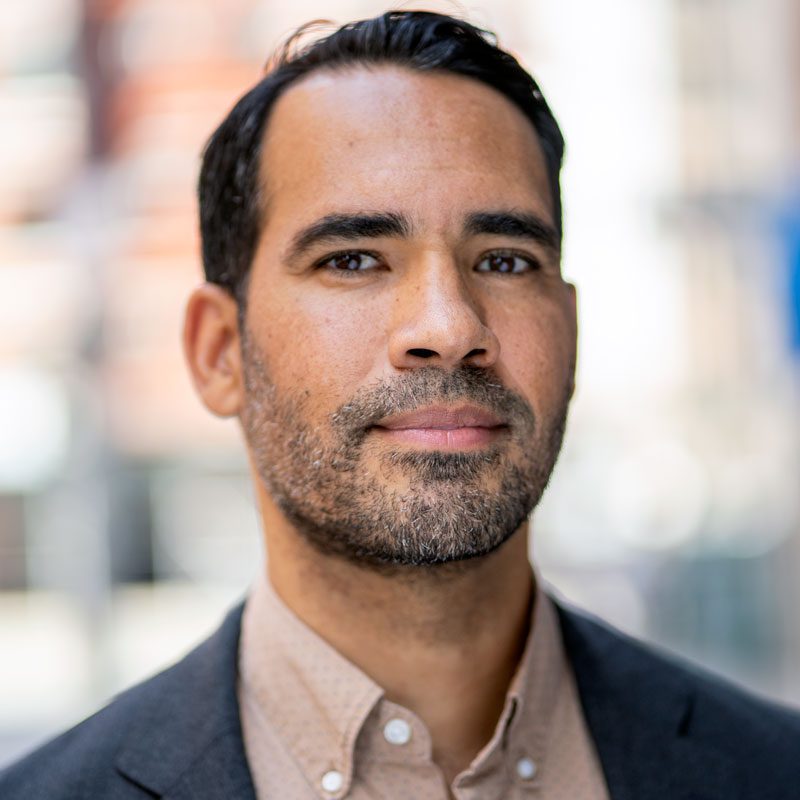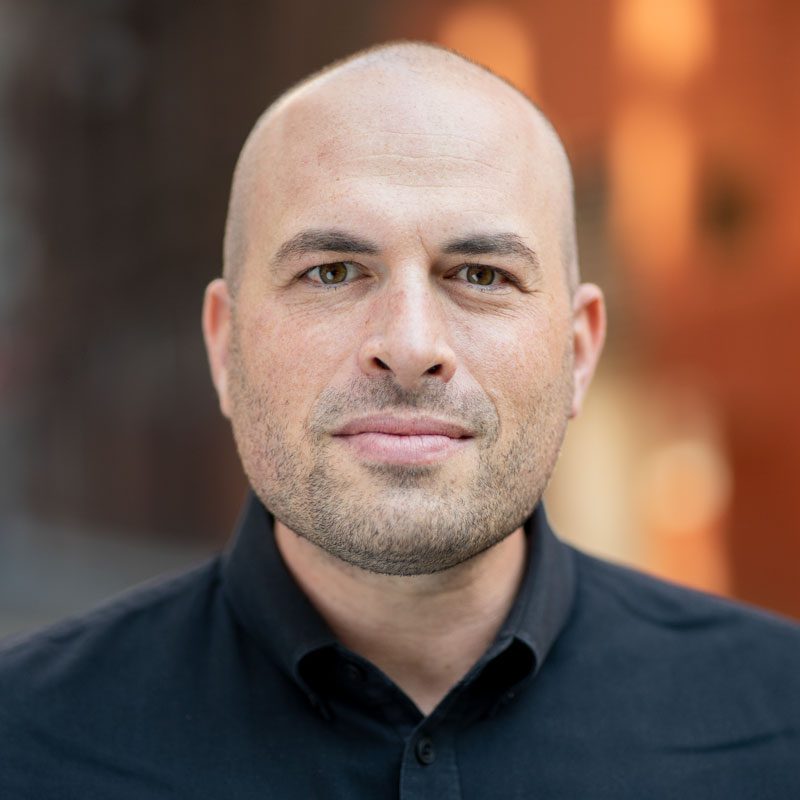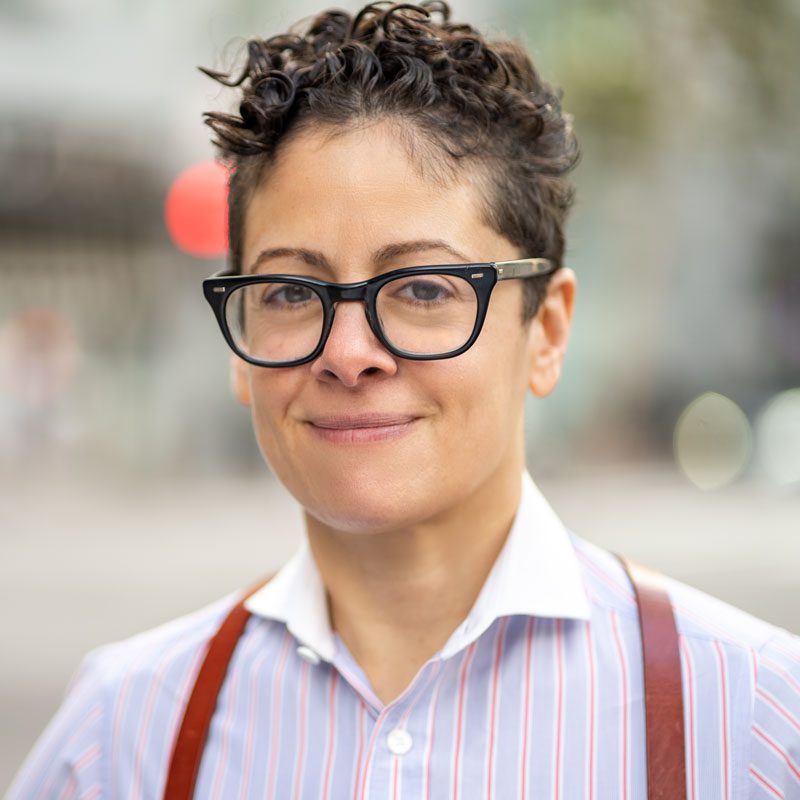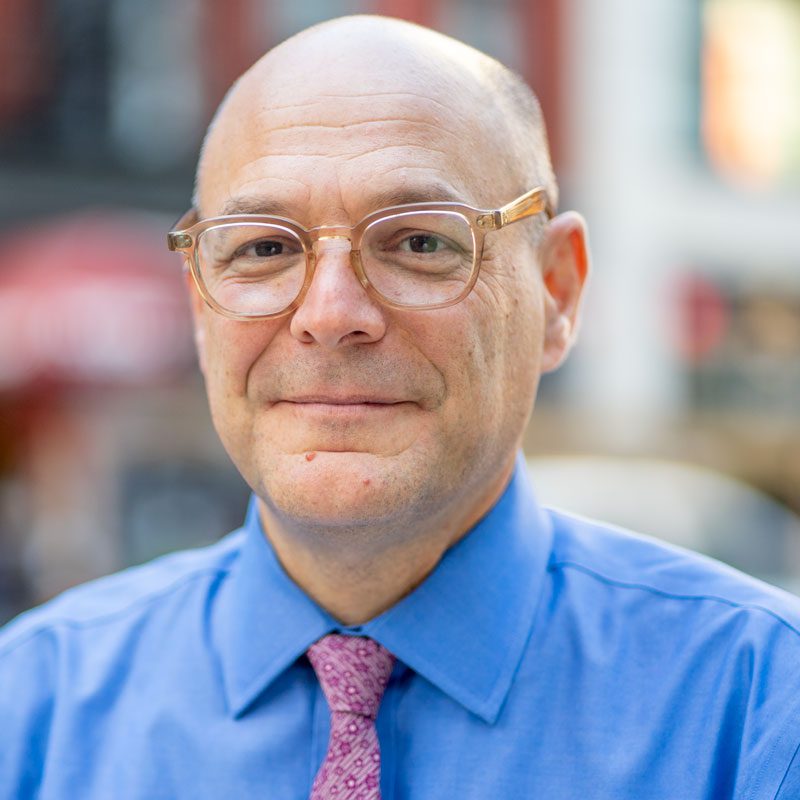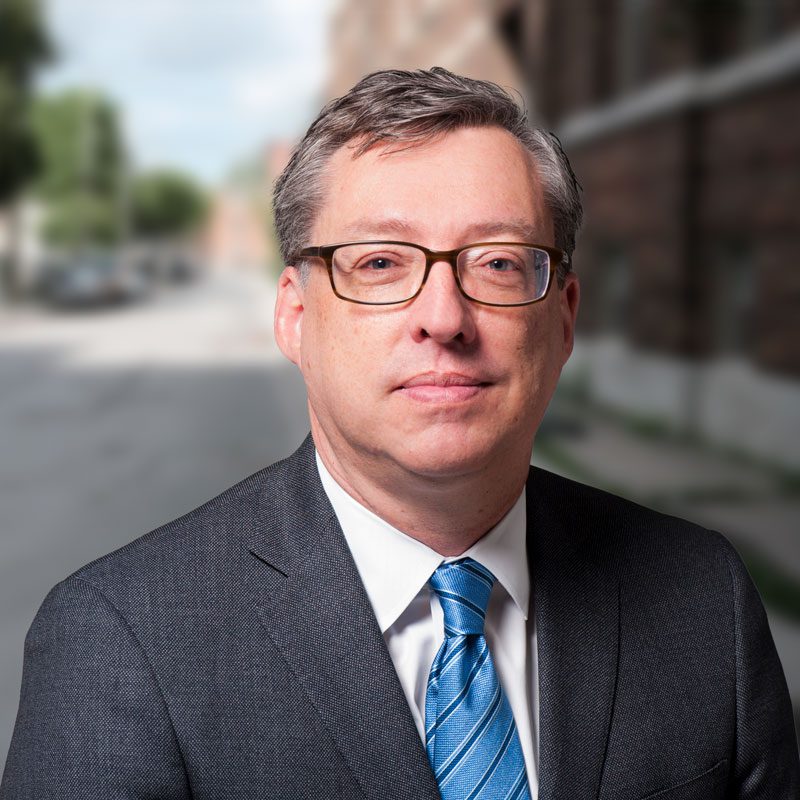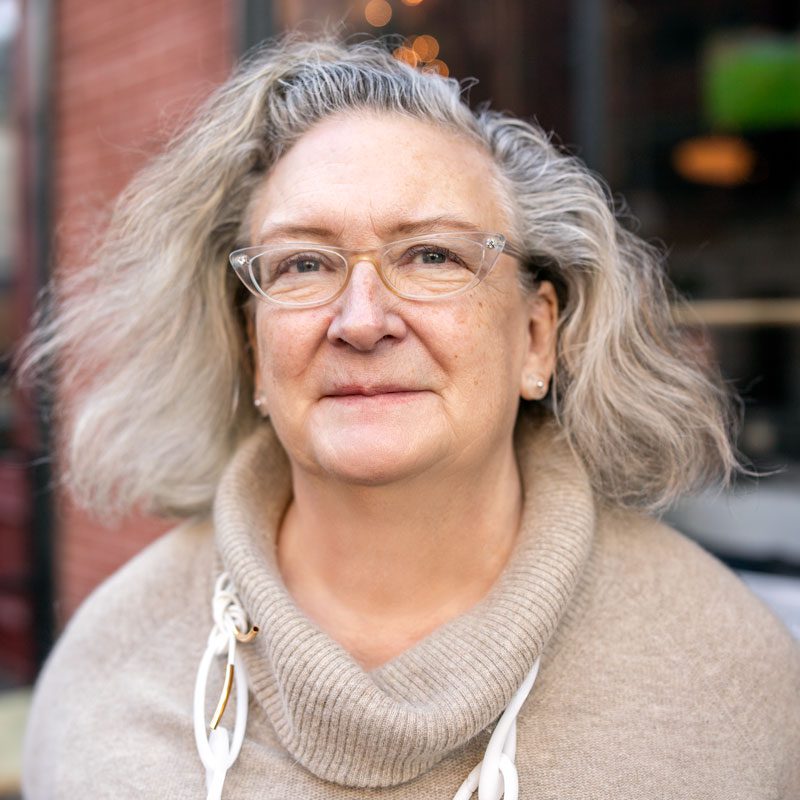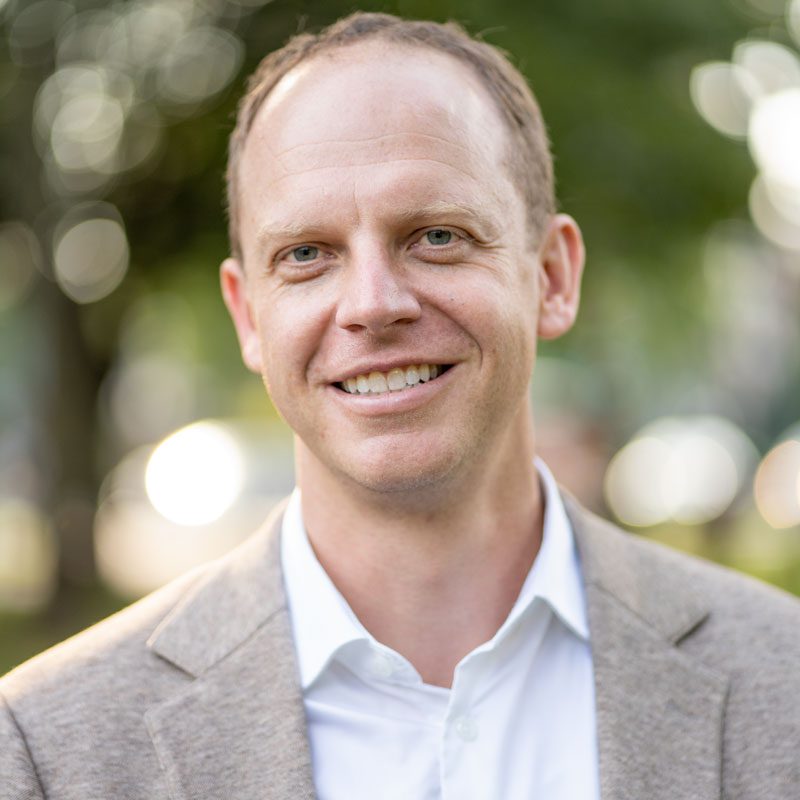Kate works at the intersection of tech and urban development, helping clients build places that spark innovation, foster resilient workforces, and deliver infrastructure to make today’s cities ready for tomorrow’s opportunities.
Kate guides diverse clients in building tech ecosystems through strategic real estate development, workforce programs, and infrastructure investments, providing advisory services, impact assessments, and policy development across cities like Pittsburgh, Houston, Brooklyn, Nashville, Providence, DC, Baltimore, Chicago, and New York. Her work is informed by a corporate real estate background managing over 20 million square feet of diverse properties, alongside academic expertise teaching tech and city building at Columbia University. Kate applies a comprehensive approach to tackling urban development challenges that integrates economic analysis, policy development, and strategic planning to ensure technology investments create inclusive economic opportunities while strengthening communities.
Kate specializes in helping local governments, developers, and businesses create innovation districts and ecosystems— not just the physical spaces where innovation happens but also the programmatic elements that will catalyze the commercialization of new ideas. This work often involves transforming underutilized urban sites into catalytic destinations serving both economic and community goals. In cities across the US, including Pittsburgh, Houston, New York, Nashville, and Providence, Kate has developed frameworks integrating real estate, workforce, and infrastructure investments to foster sustainable growth in tech industries.
Kate’s tech public policy focuses on how technology influences how we live and work in cities, structuring policy to amplify and improve new innovations for public good. She has established industry-standard methodologies for measuring technology’s transformative impact on urban economies, guiding studies across Houston, DC, Chicago, and New York City’s 10-year analysis. Through her assessment of companies like Airbnb, Uber, Google, DoorDash, and WeWork, she has quantified how emerging business models create economic opportunities while affecting neighborhood dynamics, helping cities understand and respond to technological disruption.
Kate’s workforce strategies create pathways for inclusive economic participation across diverse populations by helping to set up incubators and accelerators, bringing in workforce development partners, and better connecting labor organizations with industry to expand job opportunities. For example, she developed strategic plans to enhance the City University of New York (CUNY) and LaGuardia Community College to advance their leadership in tech workforce development. Kate combines data analytics from tech ecosystem reports with strategic partnerships across Chicago, New York, Houston, Pittsburgh, DC, Nashville, and Baltimore, to ensure diverse populations can access opportunities in growing technology sectors.
Kate develops city-wide and regional strategies for economic development that leverage innovation to drive regional transformation. She has developed comprehensive approaches for cities and regions, including Pittsburgh, Houston, Nashville, Baltimore, and Chicago that integrate technology investments with broader economic development goals. Her work demonstrates how strategic planning can position regions to compete for major technology investments while building local capacity for sustained innovation-driven growth.
Education
Kate earned a Master of Science in Real Estate Development from the Massachusetts Institute of Technology and a Bachelor of Arts in Urban Studies from the University of Pennsylvania.
Spotlight
Partner Kate Wittels joins Crain’s New York Business to talk urban tech
AI is rewriting the rules of workspaces
Con Edison is an Economic Engine Powering New York Jobs & Clean Energy Transition
The Ion Innovation District Master Plan and Development Strategy
City of Boston Downtown Office Conversion Study

